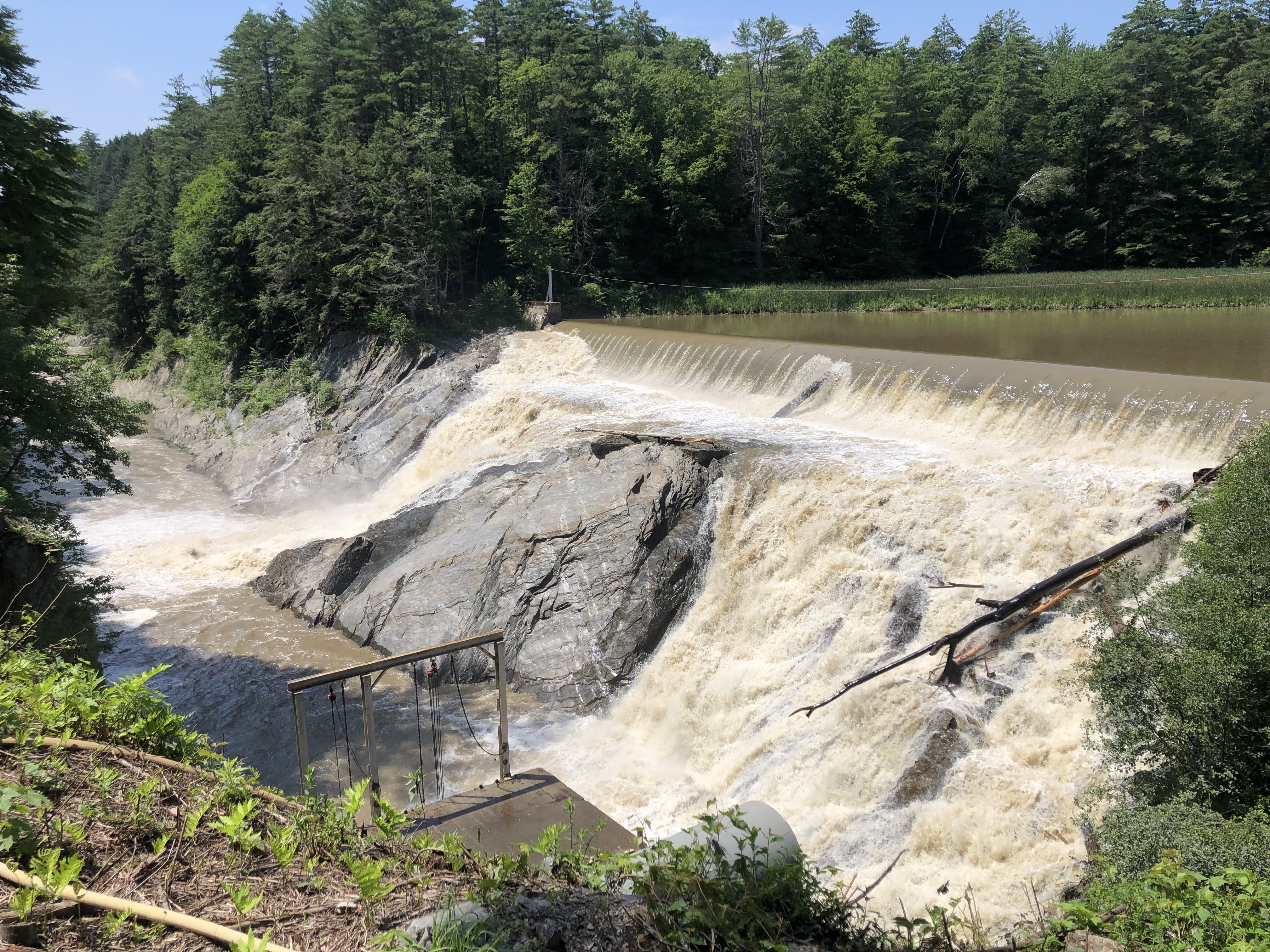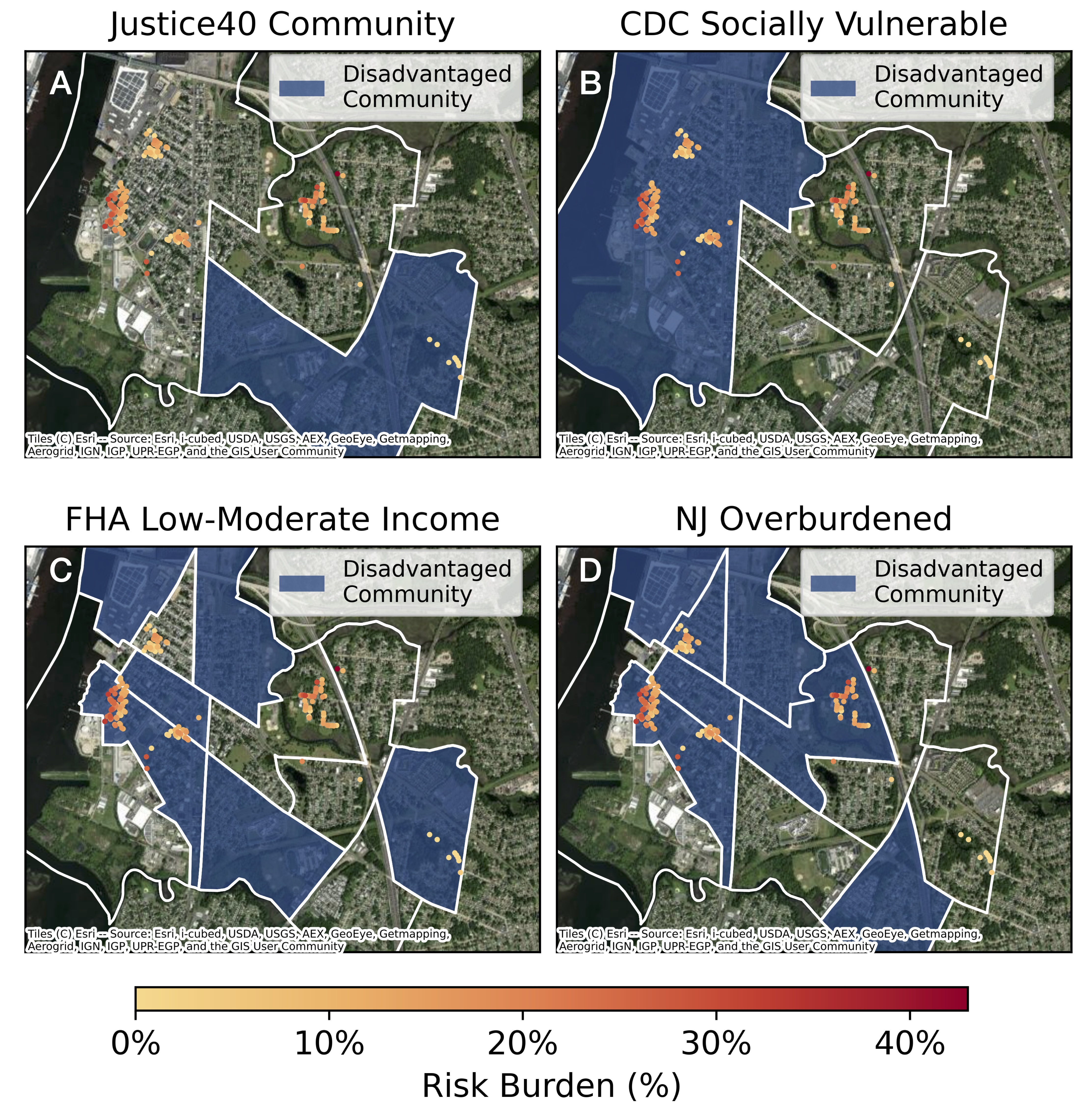Research Areas
Wicked Problems
I want my research to be useful, which is hard because “the search for scientific bases for confronting problems of social policy is bound to fail” (Rittel and Webber, 1973). While “Dilemmas in a general theory of planning” is one of my favorite papers, I don’t take the same doomer view as the authors – some failure is much worse than others. For example, I think science can do a much better job at informing what it means for a process or outcome to be equitable and how to represent equity in quantitative analyses. My research on wicked problems has primarily focused on the challenge that there is no single definition of equity. I think about the wicked problem framing often, and try to overcome the wickedness of problems related to climate risks in much of my research.

Flood Risk Management
Because flooding is the most widely experienced, costly, and deadly natural disaster in many areas around the world, it is important to understand flood risks and the policies and decisions that are effective in managing these risks. This is a challenging area of study because physical flood risks arise from a complex system of private preferences and decisions, public policies and investments, and feedbacks between human, built, and natural systems. In addition, physical flood risks are directly connected to fiscal risks across society through interactions between housing markets, insurance providers, financial institutions, and public policy. My research focuses on several aspects of these complex issues in a U.S. policy context. I aim to provide actionable insights for decision-makers about policy levers at their disposal and scientific insights for researchers to improve how we study important research and policy questions.

Multisector Dynamics
Neglecting uncertainty can bias decisions with far-reaching impacts on socioeconomic, engineered, and Earths systems. A substantial portion of my research focuses on uncertainty characterization and quantification in multisector systems. This research is grounded in decision-making contexts. For example, I aim to represent how flood risk estimation or valuation techniques that underlie current decision-making and research tasks compare to methods with better uncertainty characterization. My current research on this topic is funded under the Integrated Coastal Modeling project in which I am working with a large interdisciplinary team to better understand how to represent uncertainty in hazard modeling, structure inventory datasets, and hazard-damage fragility curves. Ultimately, these efforts serve to improve methods for policy and decision support.

Decision Analysis
Risk management is complex for a number of vexing issues. I am most interested in how risk management decisions can robustly meet objectives in the face of ambiguous system boundaries and standards for defining success. I believe that convergence research practices offer a way forward for producing useful and actionable risk science. To this end, I conduct use-driven research at the intersection of values & ethics and decision making under deep uncertainty. For example, I led research on the U.S. government’s one-size-fits-all approach in implementing the Justice40 Initiative, which aimed to promote equity across individuals in flood-risk reduction funding. Meeting this normative goal is not trivial, and we identified funding rules that outperform the government’s implementation of Justice40 in meeting its stated objectives. I am always looking for co-production partners across sectors and fields to help guide my decision analysis research and increase the probability that our collaborative findings inform real-world decisions.

